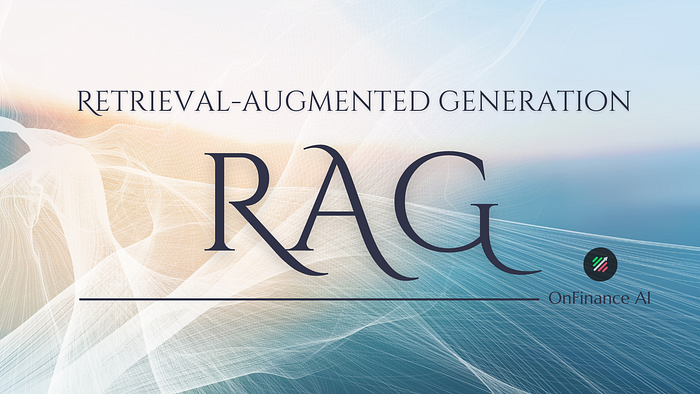Enhancing RAG: Challenges in Retrieval of Non-Relevant Information and False Positives

In the ever-evolving landscape of artificial intelligence, Retrieval-Augmented Generation (RAG) techniques have emerged as a promising solution for handling complex information retrieval tasks, especially for financial services. However, beneath the surface of their capabilities lie challenges that need to be carefully addressed. In this below exploration, we focus on two pivotal challenges faced by RAG systems: the Retrieval of Non-Relevant Information and False Positives.
A.) Retrieval of Non-Relevant Information: A Barrier to Precision
i.) Understanding the Problem:
Traditional RAG systems often struggle with enforcing topical cohesion, leading to the retrieval of non-relevant information. Imagine a scenario where users navigate a vast product catalog seeking specific details. Due to a flat indexing approach, the system may return snippets from unrelated products, causing confusion and inefficiency.
ii.) Implications:
1.) Confusion and Inefficiency: Users are bombarded with irrelevant data, impeding their ability to make informed decisions effectively.
2.) Loss of User Trust: Inaccurate retrievals erode user trust, undermining the system’s credibility and user confidence.
iii.) Feasible Solutions:
1.) Contextual Indexing: Implement advanced contextual indexing techniques, allowing the system to understand the query’s context within the ongoing conversation. This ensures precise retrieval by considering the broader discussion.
2.) Topic Modeling: Utilize sophisticated topic modeling algorithms to categorize information. By associating related topics, the system can enhance relevance in its retrievals, providing users with more accurate and pertinent information.
B.) False Positives: Navigating the Challenge
i.) Understanding the Problem:
False positives occur when RAG systems mistakenly identify irrelevant or incorrect information as relevant, leading to inaccurate responses. This issue stems from the system’s inability to differentiate subtle contextual nuances in user queries, resulting in misguided interpretations.
ii.) Implications:
1.) Misinformation: Users receive incorrect information, potentially leading to misinformation and misguided decisions.
2.) User Frustration: Inaccurate responses frustrate users, negatively impacting their experience and discouraging them from using the system further.
iii.) Feasible Solutions:
1.) Contextual Understanding: Enhance the system’s ability to grasp nuanced contextual cues within queries. By recognizing subtle differences, the system can minimize the likelihood of false positives, providing more accurate responses.
2.) Feedback Mechanism: Implement a feedback loop wherein user interactions are analyzed. By learning from user corrections and feedback, the system can adapt and refine its understanding, minimizing false positives over time and improving its accuracy.
Conclusion: Charting the Path to Enhanced User Experience
Addressing the challenges of Retrieval of Non-Relevant Information and False Positives is pivotal for the evolution of RAG systems. By employing advanced algorithms that promote contextual understanding and leveraging continuous user feedback, these challenges can be mitigated, especially in the financial services industry. This iterative process ensures a seamless and accurate user experience, paving the way for AI systems that truly understand and cater to the nuanced needs of their users. As we continue to navigate these challenges, the future of information retrieval promises unprecedented precision and relevance, transforming user interactions with AI technology.
